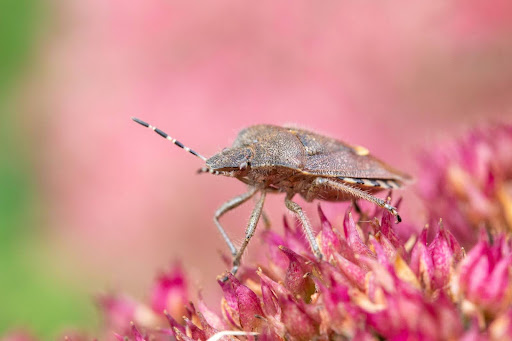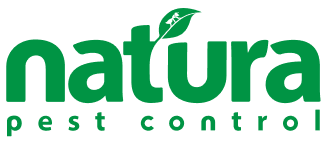If your house is being invaded by stink bugs, you’re not alone. Stink bug infestations in the U.S. have risen significantly over the past decade, spurred on by a lack of natural predators in some states and an increase in average temperature.
You want to get rid of these pests, but what if you also have pets? You need a solution that keeps your furry friends safe while effectively evicting these pesky invaders. Luckily, some pet-safe stink bug repellents can save the day.
In this blog post, we will explore the best pet-safe stink bug repellents, identify key ingredients to look for, and provide practical tips to keep your home bug-free and your pets safe.
What Are Stink Bugs?
Stink bugs, scientifically known as Halyomorpha halys in the Pentatomidae family, are shield-shaped insects that are easily recognized by their mottled brown or green color and distinctive triangular plate on their backs.
Originating from East Asia, they have become an invasive species in the United States, particularly during the fall months when they seek shelter indoors from the cooler temperatures.
Stink bugs are named for the unpleasant odor they release when threatened or crushed, a defense mechanism against predators.
Though they do not bite or cause direct harm to humans or pets, these bugs can be a nuisance as they feed on a wide range of plants, causing significant agricultural damage.
Identifying Safe Ingredients
When you’re thinking about repellents for any kind of pest, you really need to put some thought into finding products that won’t harm your pets.
Many conventional repellents contain harsh chemicals that can be toxic to animals. Pet-safe repellents use natural ingredients that are effective against stink bugs but harmless to your pets.
Here are some to think about:
- Essential Oils: Essential oils like peppermint, eucalyptus, and lemongrass are natural deterrents for stink bugs. They work by masking the pheromones that attract these pests to your home. Just make sure the repellent you choose uses natural essential oils without any synthetic additives.
- Vinegar Solutions: White vinegar is another effective ingredient for repelling stink bugs. It disrupts their sense of smell, making your home less appealing. A mixture of vinegar and water can be a simple, homemade solution to keep the bugs at bay.
- Diatomaceous Earth: Food-grade diatomaceous earth is a safe, natural powder that dehydrates insects, leading to their demise. It’s harmless to pets and can be sprinkled around entry points and infested areas.
When you’re considering using any of these as a pest repellent, just remember that not all repellents are equally safe for all pets.
For example, certain essential oils (like tea tree oil) can be especially harmful to pets when ingested, even when diluted. That doesn’t mean you need to steer clear. Instead, just be mindful of the warnings and where you’re using the products. Just because it’s natural, it doesn’t mean it’s automatically safe!
How to Use Pet-Safe Stink Bug Repellents
Once you’ve decided on a pet-safe stink bug repellent, it’s time to put it into action! You have a few options for this.
For example, pet-safe sprays are easy to apply and often come pre-mixed. Look for products that specify they are safe for use around pets and follow the application instructions carefully.
You can also use some repellents in powder form. For instance, you can sprinkle diatomaceous earth around baseboards, windowsills, and other entry points where stink bugs might enter. Make sure it’s food-grade to ensure it’s safe for both pets and humans.
Finally, you can create your own repellent by mixing essential oils with water in a spray bottle. Spray this mixture around windows, doors, and other areas where stink bugs are likely to congregate.
Preventing Stink Bug Infestations
To prevent stink bug infestations in the future, follow these tips:
- Seal Entry Points: Inspect your home for any cracks or gaps where stink bugs might enter. Use caulk or weather stripping to seal these entry points and keep the pests out.
- Keep Your Home Clean: Stink bugs are attracted to food residues and crumbs. Regularly clean your home, especially the kitchen and dining areas, to minimize attractants.
- Use Screens: Make sure all windows and doors have screens to prevent stink bugs from flying in. Repair any damaged screens promptly.
What to Avoid in Stink Bug Repellents
As for what to watch out for, here are a few no-no’s to be mindful of if you’re shopping for a premade solution:
- Toxic Chemicals: Avoid repellents containing chemicals like permethrin, which can be harmful to pets. Always check the label for any toxic substances.
- Aerosol Sprays: Aerosol sprays can be harmful if inhaled by pets. Opt for liquid sprays or powders that are safer for indoor use.
- Unspecified Ingredients: If a product doesn’t clearly list its ingredients, it’s best to avoid it. Transparency in labeling is crucial for ensuring the safety of your pets.
The Importance of Regular Pest Control
Choosing the right stink bug repellent can make a significant difference in keeping your home free from these pesky invaders without compromising your pets’ safety.
And remember that while DIY solutions can be effective, regular professional pest control provides long-term prevention. Natura Pest Control offers pet-safe, eco-friendly services tailored to your specific needs, providing peace of mind and a pest-free home.
For a comprehensive, pet-safe solution, consider partnering with Natura Pest Control. Our expert team provides eco-conscious pest control services designed to protect your home and loved ones. To learn more, contact Natura Pest Control in the Vancouver-Portland metro area today.
Keep your home stink-bug-free and your pets safe!



